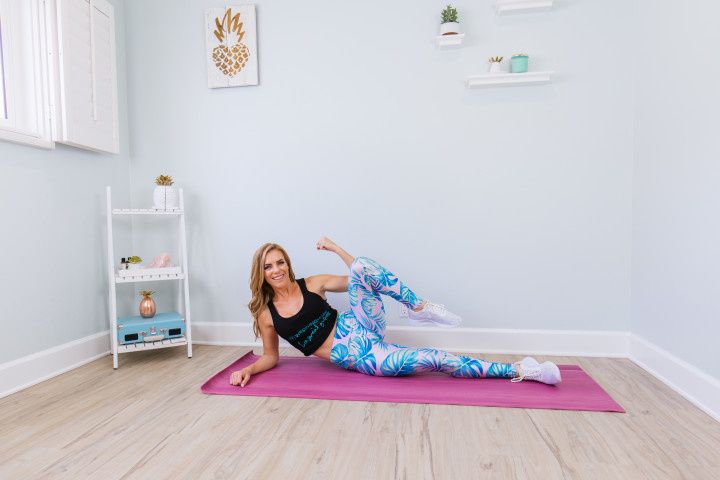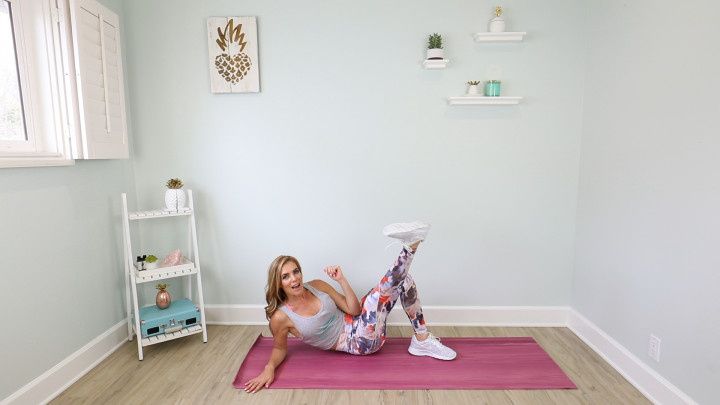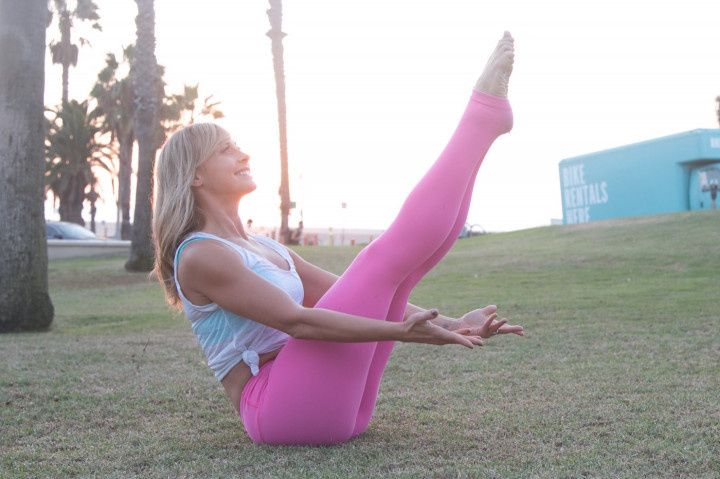Planning a Wedding with Anxiety: How to Manage It All
If you suffer from an anxiety disorder, you probably already know that planning a wedding with anxiety is, well, complicated. Here, experts share their best tips on how to manage the planning process.


Planning a wedding can be stressful and overwhelming to say the least. While this usually doesn’t overshadow the joy and excitement that comes along with it, the experience can be quite anxiety provoking. And those who are planning a wedding while suffering from an anxiety disorder may suffer the worst of it.
“People with anxiety already feel easily overwhelmed and overstimulated, given the enormous amount of details, from the guest list to the flower arrangements, that need to be considered in preparation of the big day,” explains Friedemann Schaub, M.D., Ph.D., a molecular biologist and physician specializing in cardiology and the author of The Fear and Anxiety Solution. “At the same time, the countless possibilities for mistakes and failures can quickly activate the flight or freeze response in an anxious person.”
One of the most common concerns when it comes to planning a wedding with anxiety is the fear of having a panic attack—an abrupt episode of intense fear that is often marked by a fast heartbeat, shortness of breath and paralyzing sensations. “Anxious people often feel weak, flawed and in general not good enough, so when it comes to a wedding, their concerns of not being able to meet the expectations of the family and friends can make the planning period a nightmare,” Dr. Schaub explains. “On top of it, they put pressure on themselves to not disappoint their future spouse, which is why hiding their anxious feelings even from the people, that are the closest, often appears as the only option.”
The good news is that it is possible to keep your anxiety in check (even severe anxiety) while you’re planning what will be one of the most memorable days of your life. Here are some expert-approved tips on planning your wedding with anxiety.
Challenge negative thoughts.
Although it’s uncomfortable to dive deeper into what is already a displeasing thought, doing so may actually be beneficial. “When you are planning a wedding with anxiety you tend to imagine the worst outcomes, but the truth is you’re better off remaining positive about what’s going on in the present and not creating negative stories about what has not happened yet,” says Paulette Sherman, Psy.D., psychologist, director of My Dating & Relationship School and author of Dating from the Inside Out. So when your self-talk says that ‘The wedding cake may be terrible,’ she recommends replacing it with a more reasonable positive thought like, ‘I will do a cake tasting and will pick a place with good reviews.’
Voice your concerns and preferences.
Instead of brushing your concerns aside, acknowledge them and let others know how you’re feeling. “A wedding, which is supposed to be a celebration of your love and commitment to each other, needs to be designed around what makes both of you happy,” says Dr. Schaub. “This is why it is important to express your concerns about the cost, the size and aspects that may need to be adjusted for you to be able to feel comfortable with the event.”
Delegate as much as you can.
A wedding planner can be a huge help to all couples, but particularly those where one or both partners suffers from anxiety. If you’re not able or willing to hire a wedding planner, go ahead and ask friends or family members to create a planning committee together to help take some of the tasks off your shoulders. “Planning a wedding with anxiety makes it even more important for you to know that people you trust have your back and will do everything to make your celebration filled with joy and love,” says Dr. Schaub.
Practice some self-care.
As with any stressful period in life, a little TLC can do wonders for your mental state. “Self-care can slow you down and put you into your relaxed nervous system where you approach things from a place of love, peace and centeredness,” says Dr. Sherman. She recommends scheduling a massage, taking a nightly bubble bath, meditating or going for a walk in nature.
Keep your wedding day in perspective.
While our wedding day is certainly momentous, at the end of the day it really is only a 24 to 72 hour period of time. What you’re stuck with for the rest of your life, however, is your partner, so you don’t want to risk adding stress to your relationship all for this one day to go seamlessly. “Every night before you go to sleep, tell each other what you appreciate about that day, your partner and oneself, as this helps shift our attention away from the things we worry about and towards those aspects of our lives that bring you a sense of joy and fulfillment,” says Dr. Schaub. “Research has shown that gratitude and appreciation causes the release of serotonin and dopamine, which are linked to feelings of ease and happiness.”









